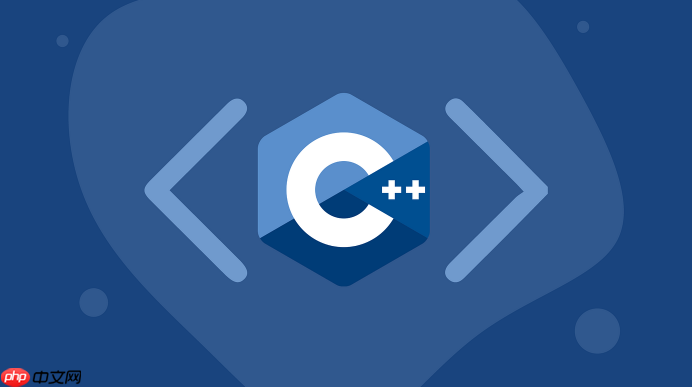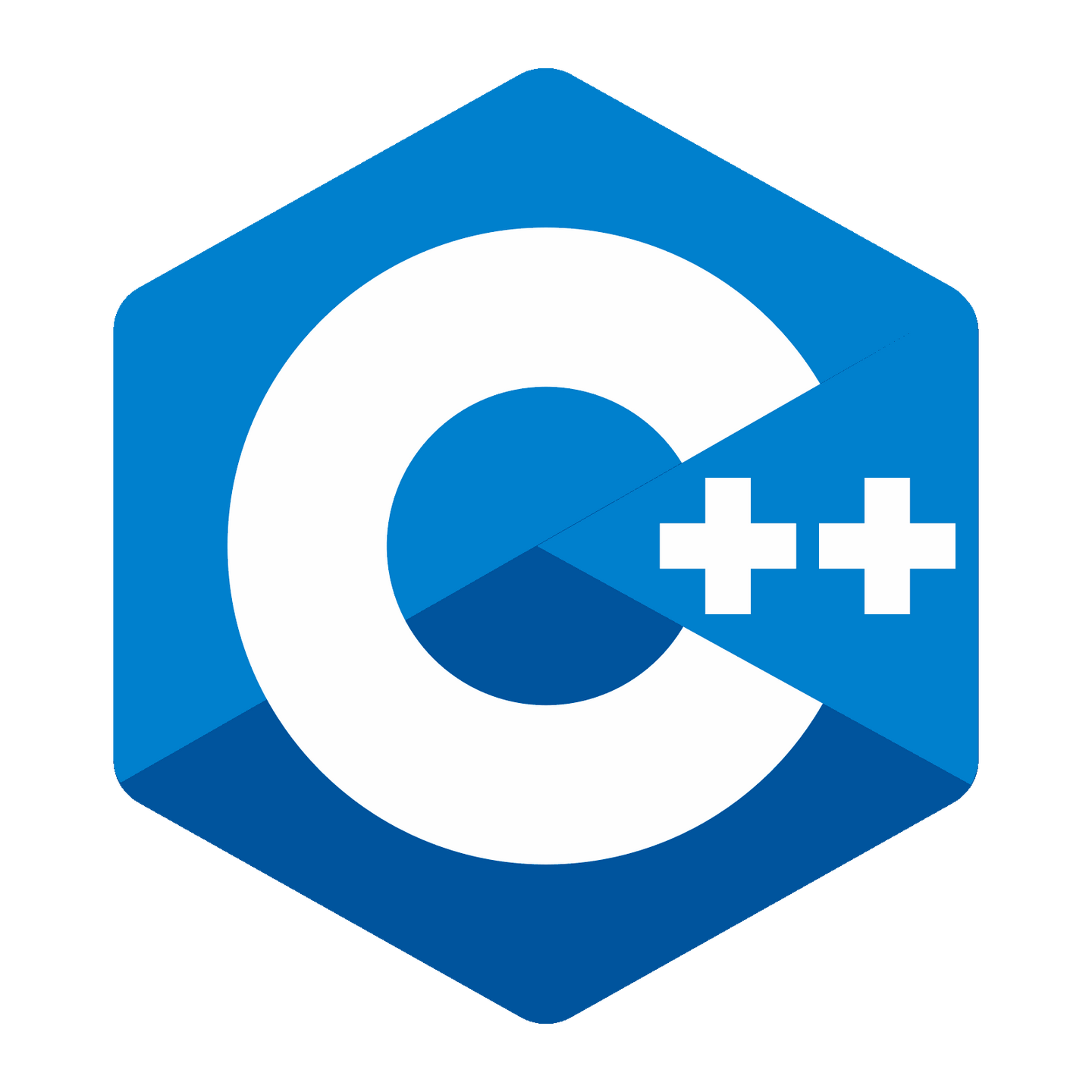thread_local为每个线程提供独立变量副本,避免数据竞争。可用于全局、静态局部和类静态成员变量,典型用途包括线程私有状态管理、减少锁开销。注意仅适用于静态存储期变量,线程启动时构造、退出时析构,可能增加内存开销且动态库中存在兼容性问题。

thread_local 是 C++11 引入的一个存储期说明符,用于声明线程局部变量。它的主要作用是让每个线程拥有该变量的独立实例,避免多线程之间因共享数据而产生竞争。
thread_local 的作用
在多线程程序中,全局变量或静态变量默认是所有线程共享的。如果多个线程同时访问和修改这些变量,就需要加锁来保证安全,否则容易出现数据竞争。而使用 thread_local 可以让每个线程都拥有自己独立的一份变量副本,互不干扰。
典型应用场景包括:
- 避免频繁加锁的性能开销
- 保存线程私有的状态信息(如随机数生成器种子、错误码、日志上下文)
- 替代某些 TLS(Thread Local Storage)API,写法更简洁安全
thread_local 的使用方法
可以在以下几种情况下使用 thread_local:
立即学习“C++免费学习笔记(深入)”;
1. 全局变量
thread_local int thread_id = 0;
void set_id(int id) {
thread_id = id;
printf("Thread %d: set thread_id = %d\n", id, thread_id);
}
每个线程调用 set_id 时修改的是自己的 thread_id 副本,不会影响其他线程。

本文档主要讲述的是Python开发网站指南;HTML是网络的通用语言,一种简单、通用的全置标记语言。它允许网页制作人建立文本与图片相结合的复杂页面,这些页面可以被网上任何其他人浏览到,无论使用的是什么类型的电脑或浏览器 Python和其他程序语言一样,有自身的一套流程控制语句,而且这些语句的语法和其它程序语言类似,都有for, if ,while 类的关键字来表达程序流程。希望本文档会给有需要的朋友带来帮助;感兴趣的朋友可以过来看看
2. 静态局部变量
int& get_counter() {
thread_local int counter = 0;
return ++counter;
}
每次调用 get_counter() 返回的是当前线程独有的计数器值,不同线程之间的计数彼此独立。
3. 类的静态成员变量
struct Logger {
static thread_local std::string prefix;
};
thread_local std::string Logger::prefix = "[Default]";
每个线程访问 Logger::prefix 时操作的是各自的副本。
注意事项与限制
thread_local 虽然方便,但也有一些需要注意的地方:
- 只能用于具有静态存储期的变量(全局、静态、类静态成员)
- 不能用于局部自动变量(函数内部非静态变量)除非加上
static或thread_local - 构造和析构发生在线程启动和退出时,顺序与构造顺序相反
- 动态加载的库中使用
thread_local可能存在兼容性问题(平台相关) - 占用额外内存,因为每个线程都有一份副本
基本上就这些。合理使用 thread_local 能有效简化线程安全设计,特别是在需要维护线程私有状态时非常实用。




























